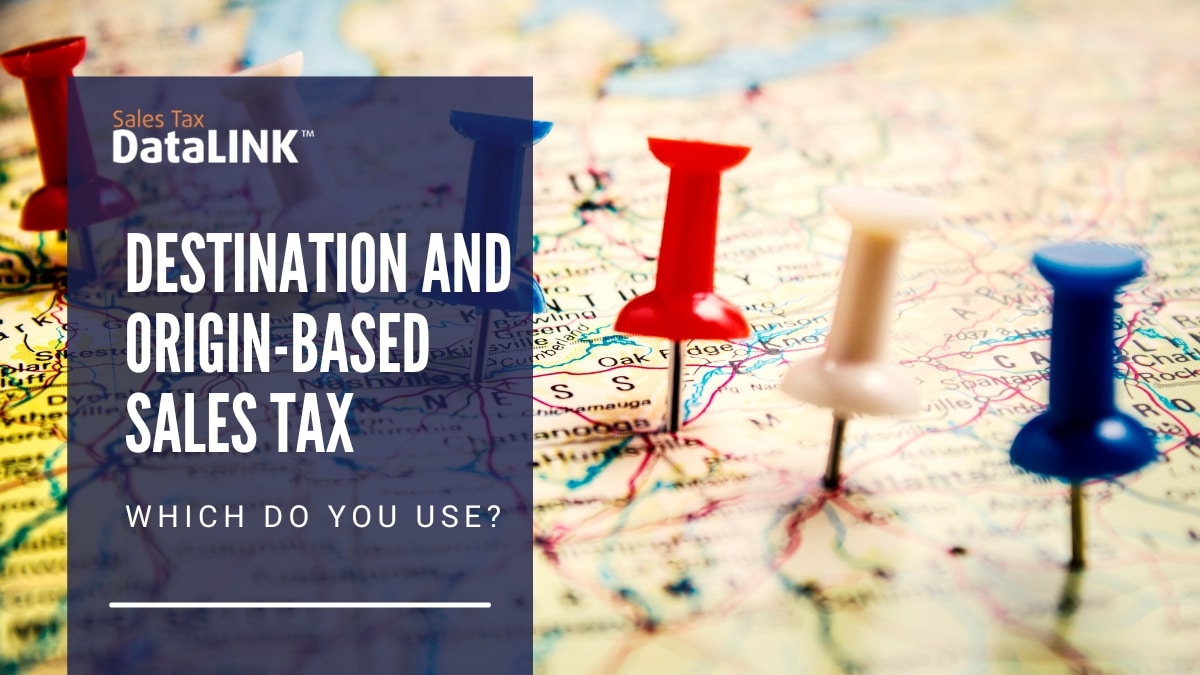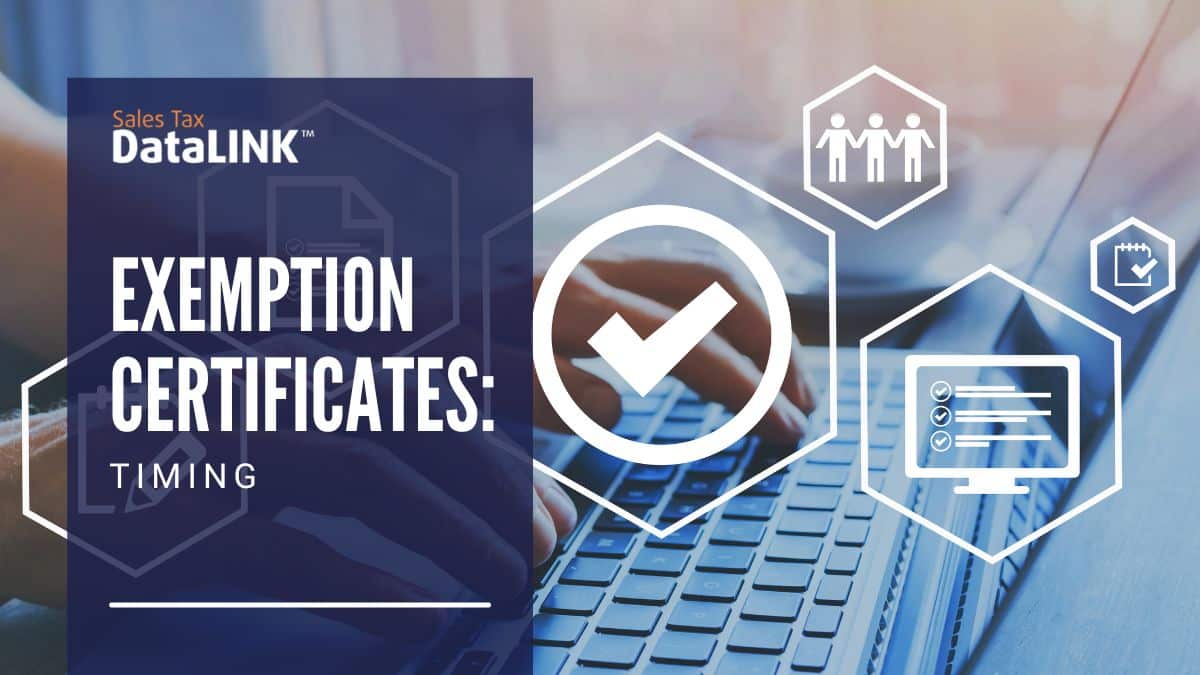Should your sales tax be based on the origin or the destination of the transaction? Destination-based sales tax has been the way most jurisdictions have done sales tax for ages. But in reaction to e-commerce, a number of states have moved towards origin-based sales taxes. Whether you agree with origin-based sales taxes or not, you’ll have to make sure your business complies with these changes as well as any future changes in sales tax laws. As of the publishing time of this post, the following states provide for origin-based sales tax format: Arizona, California, Illinois, Mississippi, Missouri, New Mexico, Pennsylvania, Tennessee, Texas, Utah, and Virginia. Keep in mind that California is a special case with a modified origin-based tax system. It probably won’t be much longer until other states move towards origin-based sales and use tax or some other modified form like California to establish situs correctly and combat lost revenue.
Ohio’s jumping on the wagon on July 1 of this year, in fact, adding origin-based sales taxes. Your software should be capable of handling the differences between destination and origin-based sales tax jurisdictions as well as be ready to update the way it works for the future while still being able to understand historical rates and rules. Say you’re in Allegheny County in Pennsylvania. Do you know if you should charge your county rate or the county rate of your customer if you’re both in Pennsylvania? And what do you do if your customer is outside of Pennsylvania? Our software knows. Our software understands all of these complexities and takes into account all of these different rules and rates. FileLINK looks at the location of the sale as well as the origin for the transactions that matter so if you’re doing business in an origin-based state but selling to a destination-based state, you’ll be reporting the appropriate tax calculation to the right jurisdictions.
On top of our software being able to understand rates and rules for filing, you can use our auditing sales tax solution RecoveryLINK to “Reverse Audits for Sales Tax Made Easy” check your past filings all while taking into account past rules, rates, and jurisdictions. And if you are looking for a sales tax rate database, RateLINK is a tool that creates a client-specific database so that you correctly apply sales or use tax on the origin and destination-based sales transactions.




